Filter by
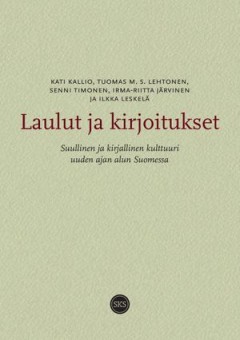
Laulut Ja Kirjoitukset Suullinen Ja Kirjallinen Kulttuuri Uuden Ajan Alun Su…
"Songs and writings: oral and literary cultures in early-modern Finland renews the understanding of exchange between the learned culture of clergymen and the culture of commoners, or “folk”. What happened when the Reformation changed the position of the oral vernacular language to literary and ecclesiastical, and when folk beliefs seem to have become an object for more intensive surveillanc…
- Edition
- -
- ISBN/ISSN
- 9789522228604
- Collation
- -
- Series Title
- -
- Call Number
- -
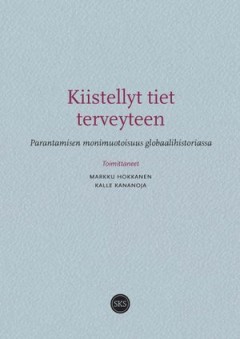
Kiistellyt Tiet Terveyteen Parantamisen Monimuotoisuus Globaalihistoriassa
"Health and healing have been central concerns throughout human history. Individuals and societies have devised multiple ways to health. Healing practices have often been linked to questions of knowledge, power, politics, and morals. The limits of acceptable healing have been contested by men and women, priests and doctors, elites and commoners, indigenous peoples and colonialists. Successful h…
- Edition
- -
- ISBN/ISSN
- 9789522228406
- Collation
- -
- Series Title
- -
- Call Number
- -
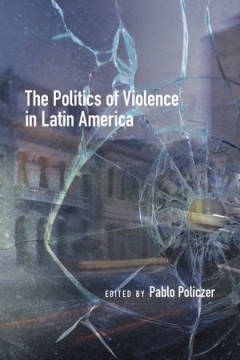
The Politics of Violence in Latin America
Latin America is one of the most violent regions in the world. It has suffered waves of repressive authoritarian rule, organized armed insurgency and civil war, violent protest, and ballooning rates of criminal violence. But is violence hard-wired into Latin America? This is a critical reassessment of the ways in which violence in Latin America is addressed and understood. Previous approaches h…
- Edition
- -
- ISBN/ISSN
- 9781552389072
- Collation
- -
- Series Title
- -
- Call Number
- -
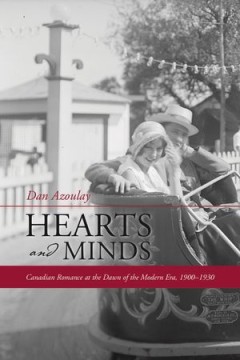
Hearts and Minds Canadian Romance at the Dawn of the Modern Era, 1900-1930
What was romance like for Canadians a century ago? What qualities did marriageable men and women look for in prospective mates? How did they find suitable partners in difficult circumstances such as frontier isolation and parental disapproval, and, when they did, how did courtship proceed in the immediate post-Victorian era, when traditional romantic ideals and etiquette were colliding with the…
- Edition
- -
- ISBN/ISSN
- 9781552385821
- Collation
- -
- Series Title
- -
- Call Number
- -
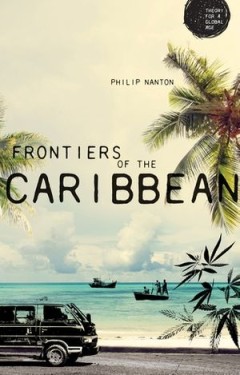
Frontiers of the Caribbean
The book argues that the frontier, usually associated with the era of colonial conquest, has great, continuing and under explored relevance to the Caribbean region. Identifying the frontier as a moral, ideational and physical boundary between what is imagined as civilization and wilderness, the book seeks to extend frontier analysis by focusing on the Eastern Caribbean multi island state of St.…
- Edition
- -
- ISBN/ISSN
- -
- Collation
- -
- Series Title
- -
- Call Number
- -
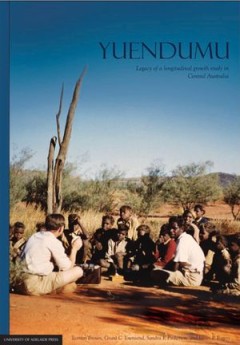
Yuendumu: Legacy of a Longitudinal Growth Study in Central Australia
This book provides a comprehensive account of a unique pioneering longitudinal study of human growth that continues to contribute to our knowledge and raise new questions 60 years after it commenced. Although over 200 scientific publications have arisen from the study, this book describes, in a single volume, the key researchers involved, the Australian Aboriginal people from Yuendumu who parti…
- Edition
- -
- ISBN/ISSN
- 9780987073006
- Collation
- -
- Series Title
- -
- Call Number
- 993 YUE y
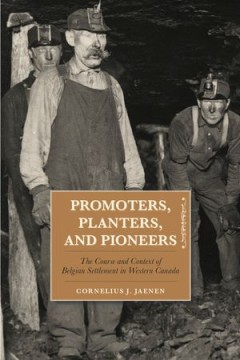
Promoters, Planters, and Pioneers: The Course and Context of Belgian Settleme…
In this comprehensive study of Belgian settlement in western Canada, Cornelius Jaenen shows that Belgian immigration was unique in its character and brought with it significant benefits out of proportion to its comparatively small numbers. Canadas first Immigration Act (1869) included Belgium among the “preferred countries” from which immigrants should be sought, but unlike many other Europ…
- Edition
- -
- ISBN/ISSN
- 9781552385708
- Collation
- -
- Series Title
- -
- Call Number
- 971 JAE p
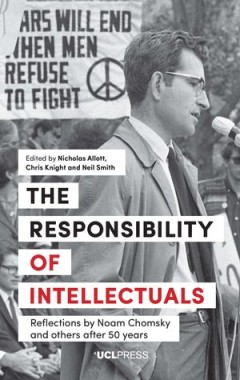
The Responsibility of Intellectuals
With the publication of ‘The Responsibility of Intellectuals’ half a century ago, Noam Chomsky burst onto the US political scene as a leading critic of the war in Vietnam. Privilege, he argues, brings with it the responsibility to tell the truth and expose lies, but our intellectual culture only pays lip-service to this ideal. The essay has been described as ‘the single most influential p…
- Edition
- -
- ISBN/ISSN
- -
- Collation
- -
- Series Title
- -
- Call Number
- 909.82 RES r
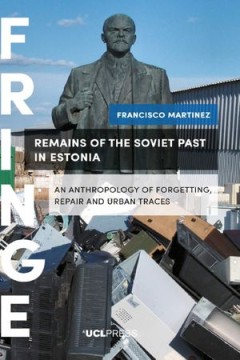
Remains of the Soviet Past in Estonia
What happens to legacies that do not find any continuation? In Estonia, a new generation that does not remember the socialist era and is open to global influences has grown up. As a result, the impact of the Soviet memory in people’s conventional values is losing its effective power, opening new opportunities for repair and revaluation of the past. Francisco Martinez brings together a number …
- Edition
- -
- ISBN/ISSN
- 9781787353534
- Collation
- -
- Series Title
- -
- Call Number
- 940.3 MAR r
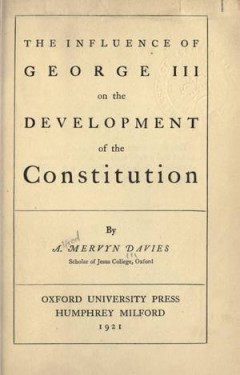
The Influence of George III on the Development of the Constitution
This brief but interesting work investigates the influence King George III had on the development on the English Constitution.
- Edition
- -
- ISBN/ISSN
- -
- Collation
- -
- Series Title
- -
- Call Number
- 320 DAV i
 Computer Science, Information & General Works
Computer Science, Information & General Works  Philosophy & Psychology
Philosophy & Psychology  Religion
Religion  Social Sciences
Social Sciences  Language
Language  Pure Science
Pure Science  Applied Sciences
Applied Sciences  Art & Recreation
Art & Recreation  Literature
Literature  History & Geography
History & Geography